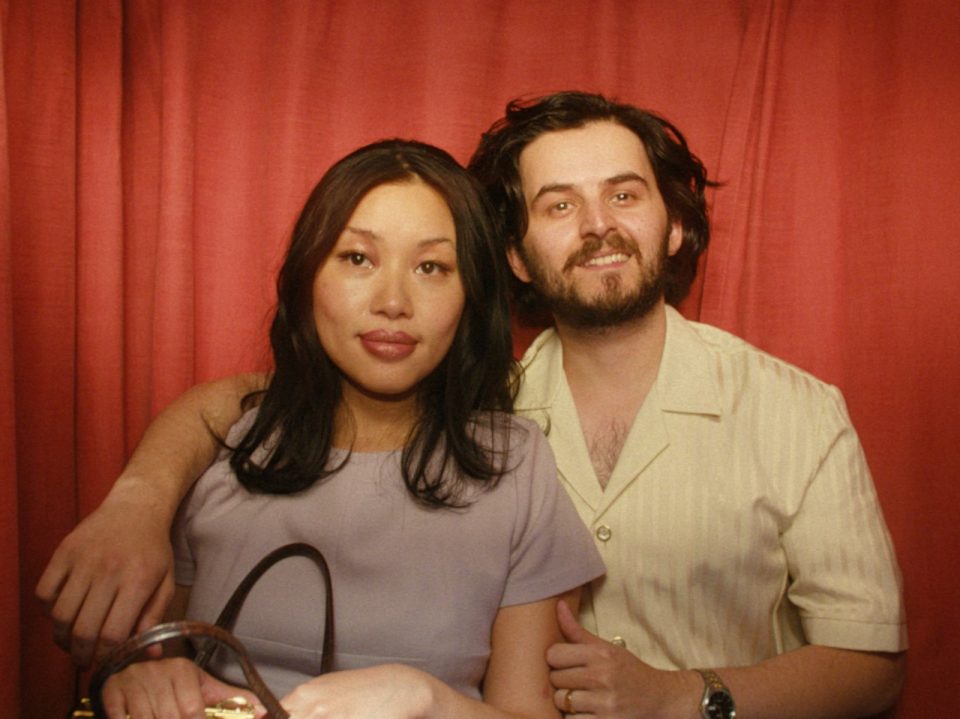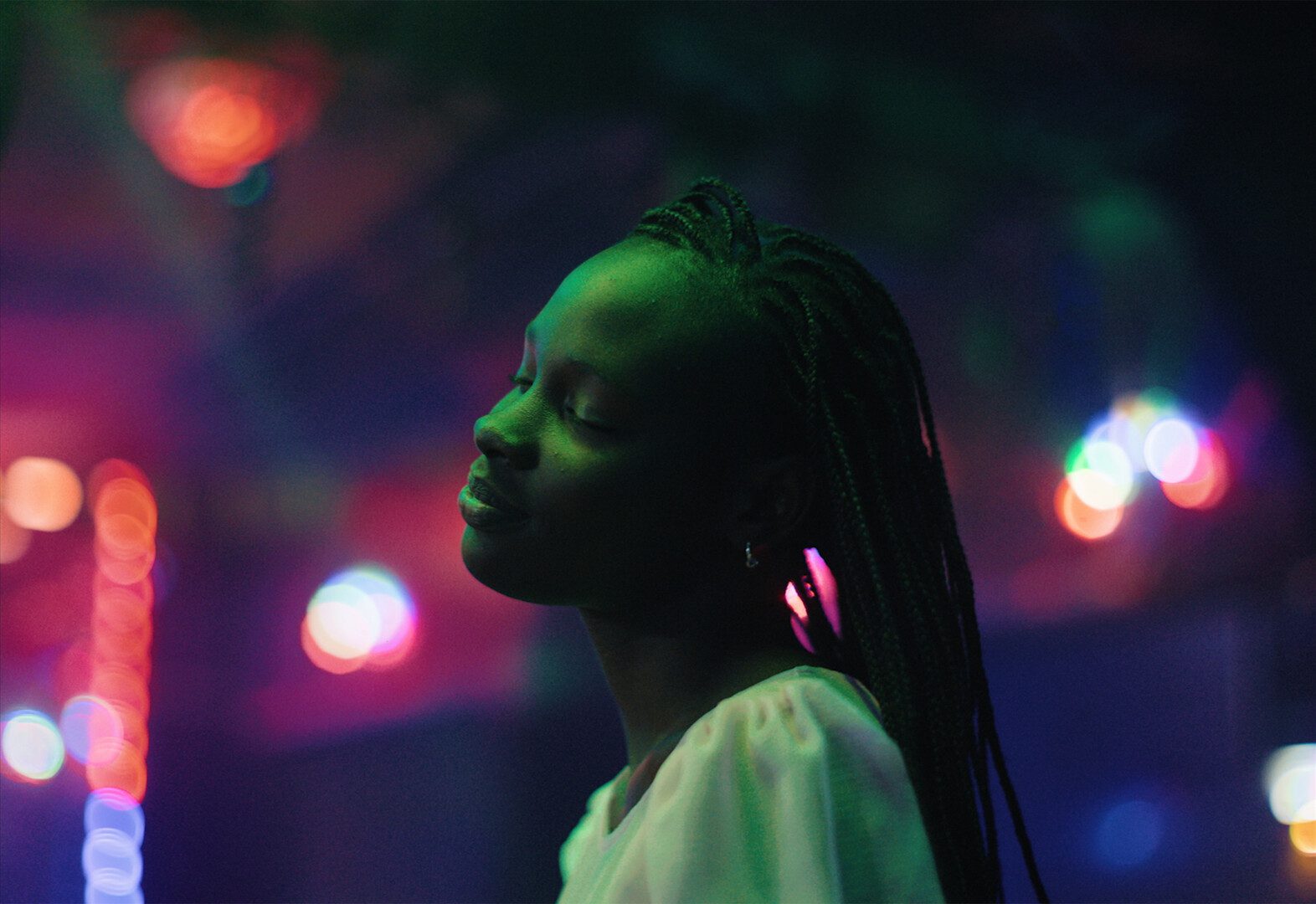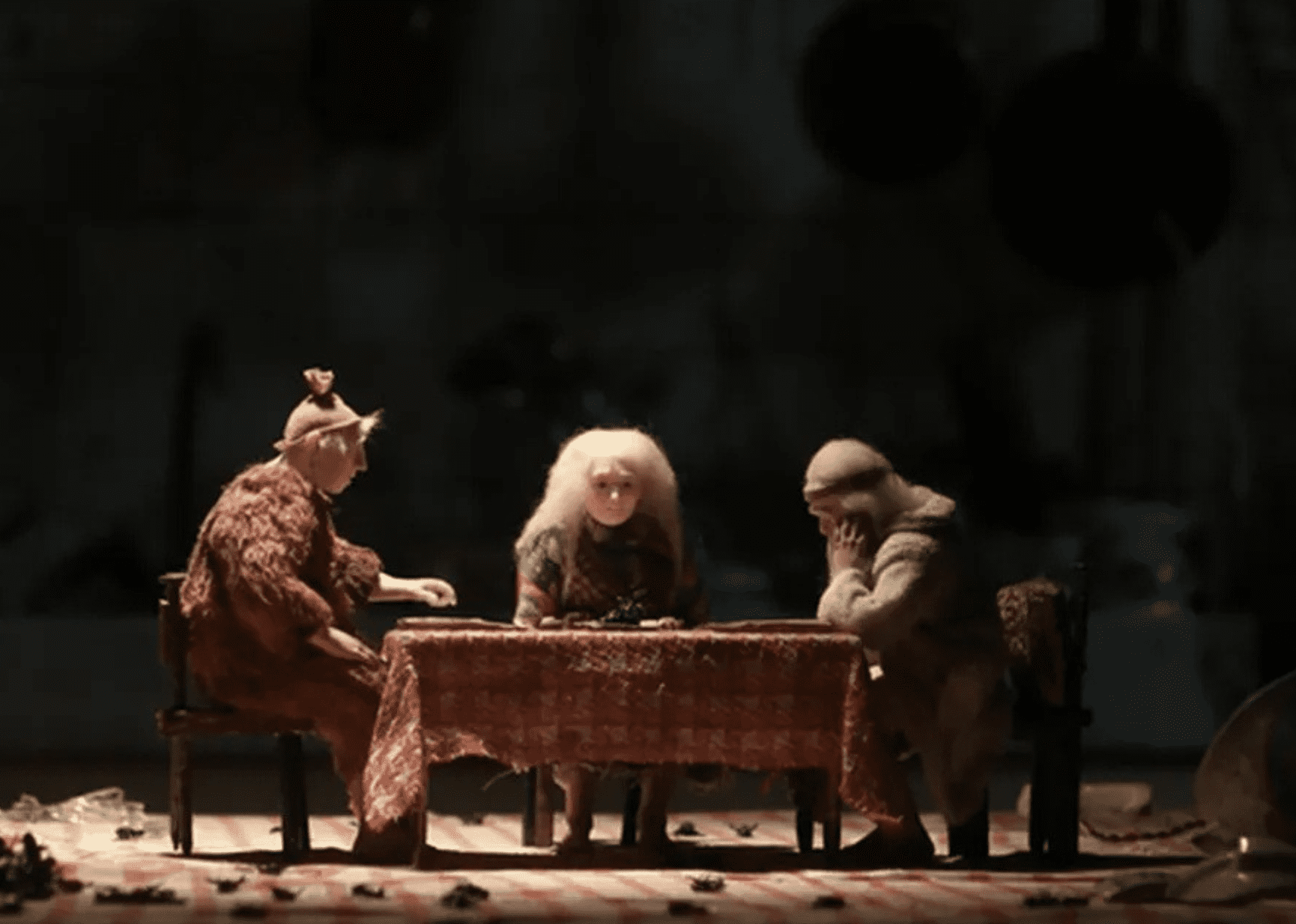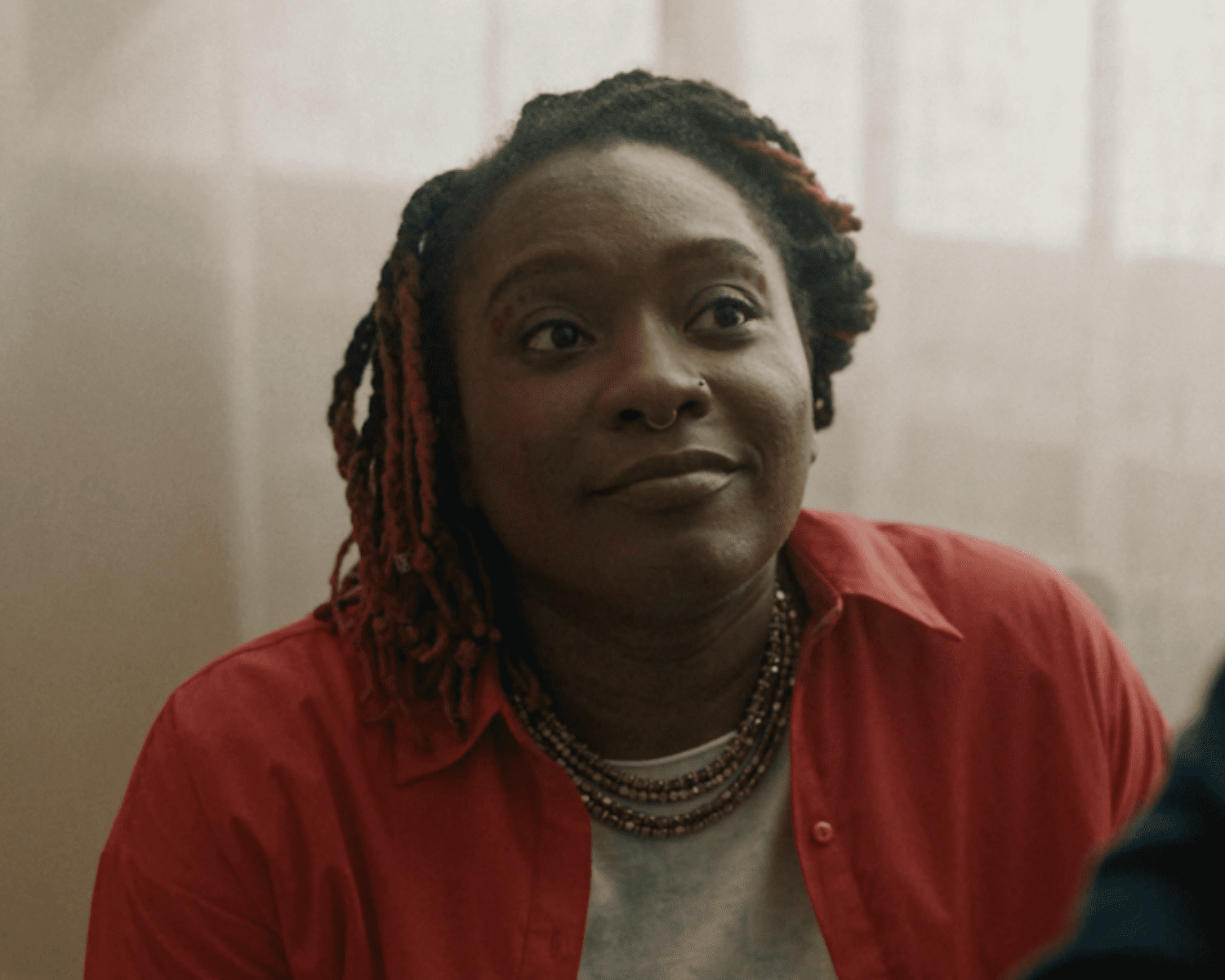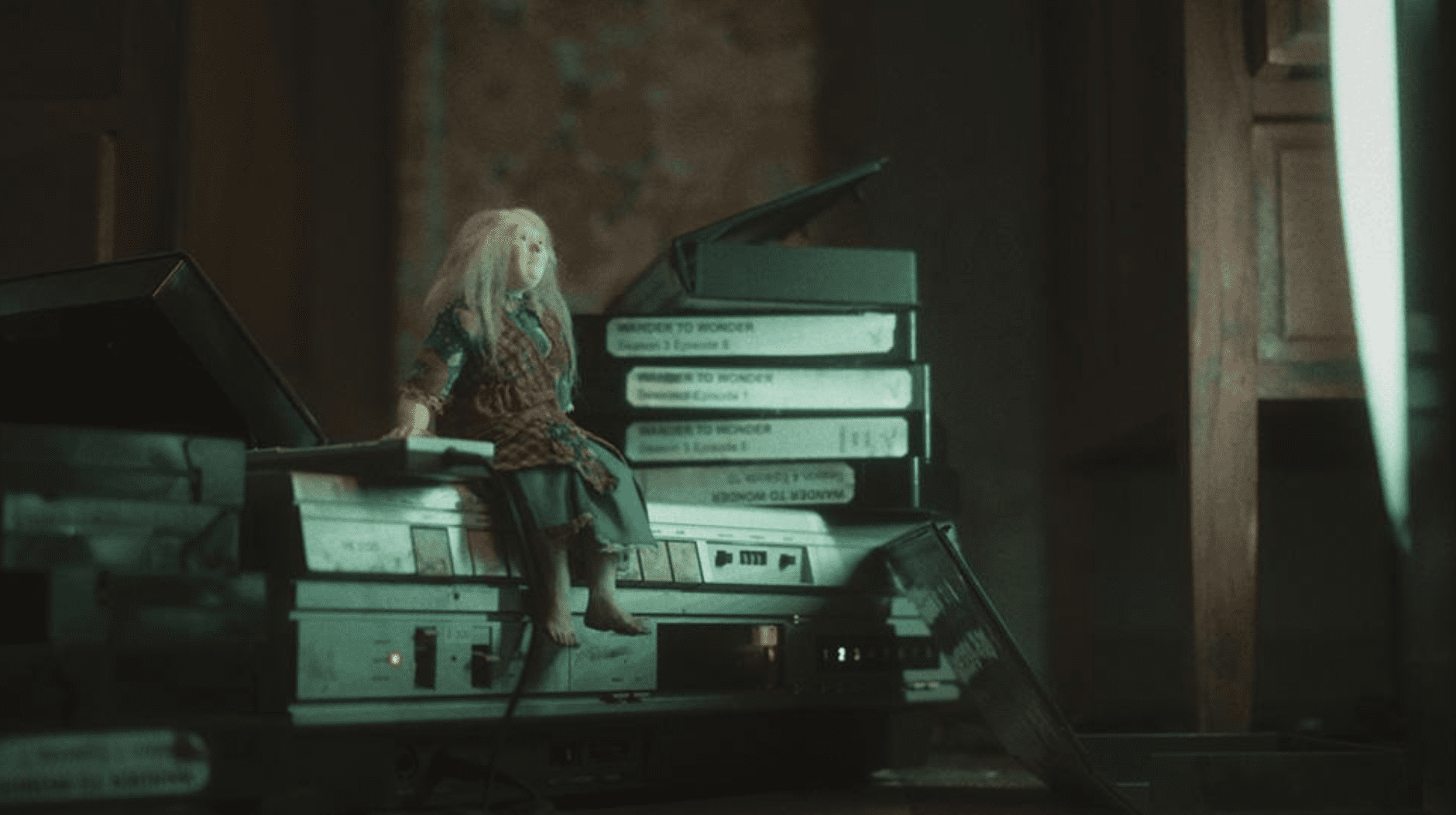Documenting Relationships
Interview with Roxy Rezvany
Roxy Rezvany is a British filmmaker of Iranian-Malaysian-Chinese descent, born and raised in Brent, London. Her earlier work includes the award-winning Little Pyongyang and Wifi Rider, both previous ASFF Official Selection shorts. Her latest film, Photo Booth, stars Lorraine Tai and Elham Ehsas as a mixed-race couple whose relationship becomes magnified in this most confined of spaces. We speak to the director ahead of the short’s screening at MilkTea Mixtape, a new showcase of British East and Southeast Asian filmmakers.
ASFF: How did Photo Booth come about?
RR: The support for the project came from Brent Borough of Culture Fund. The mayor’s running a creative initiative in London, rotating between the boroughs to support arts projects. 2020 was Brent’s year. People were commissioned to do different things, for example Zadie Smith did her own version of the Chaucer play, The Wife of Bath. When I was asked what I wanted to do, I had to think of something that would encapsulate Brent. For me, a big thing is diversity – the borough is outwardly known for being a big community of first-and-second generation immigrants. I also had to think of something which would have an impact, but would also work on a modest budget. For a while, I’d wanted to do something that would be set in a photo booth – I just gotten really into it as a space.
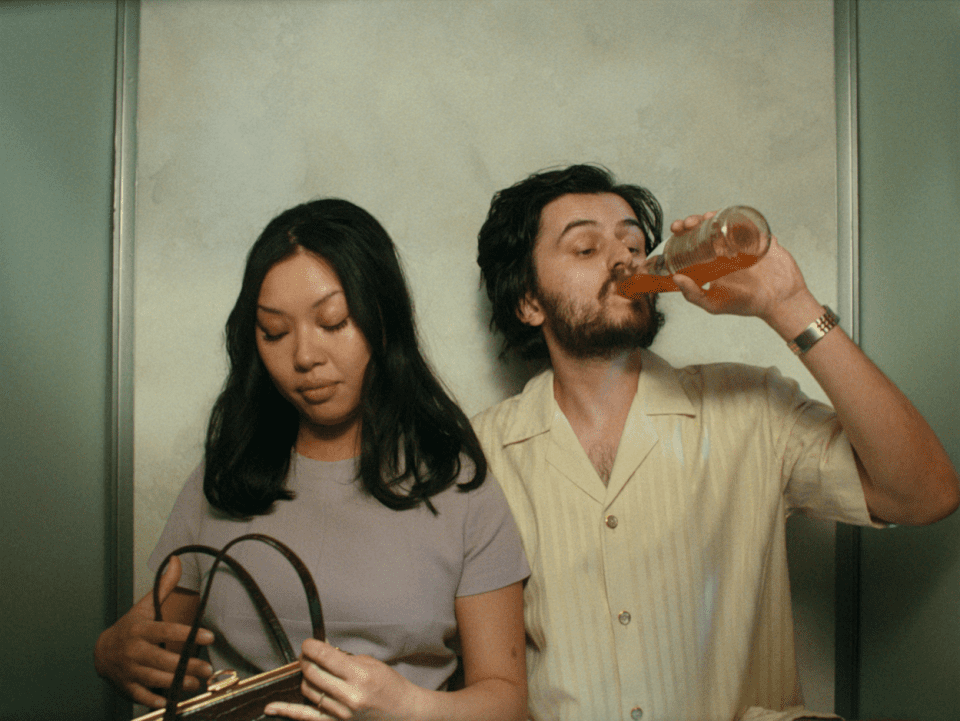
ASFF: Do you feel the subject matter – this couple arguing in a photo booth – perfectly suited the short film medium?
RR: If you gave me the option, and you said, “here is full financing, go ahead and make this as a feature,” I really don’t think that would have been what I would have wanted. It was a short film and that’s the best way to tell it. For me, what the film encapsulates is the way that things can change so quickly in intimate relationships. I think that’s why it got me excited… the short film was able to communicate creatively something a feature film couldn’t. Short films are not a lesser version of a feature. It’s like the difference between paint and pastels, it’s a medium within its own right.
ASFF: From an acting point of view, there really is nowhere to hide in that space, right?
RR: That’s why I thought if I did it in the booth, you wouldn’t even need to move the camera. I became quite fascinated with the idea of not moving the camera and doing everything in one take. It’s a way to give an actor genuine agency with bringing the character to screen. I also I wanted this to be a piece where the characters meant a lot to the audience, so they had to mean a lot to the actors too. The actors were able to actually put a lot of themselves. That was a big reason I stuck to the one-shot way of filming – it makes it a genuine collaboration with the actors.
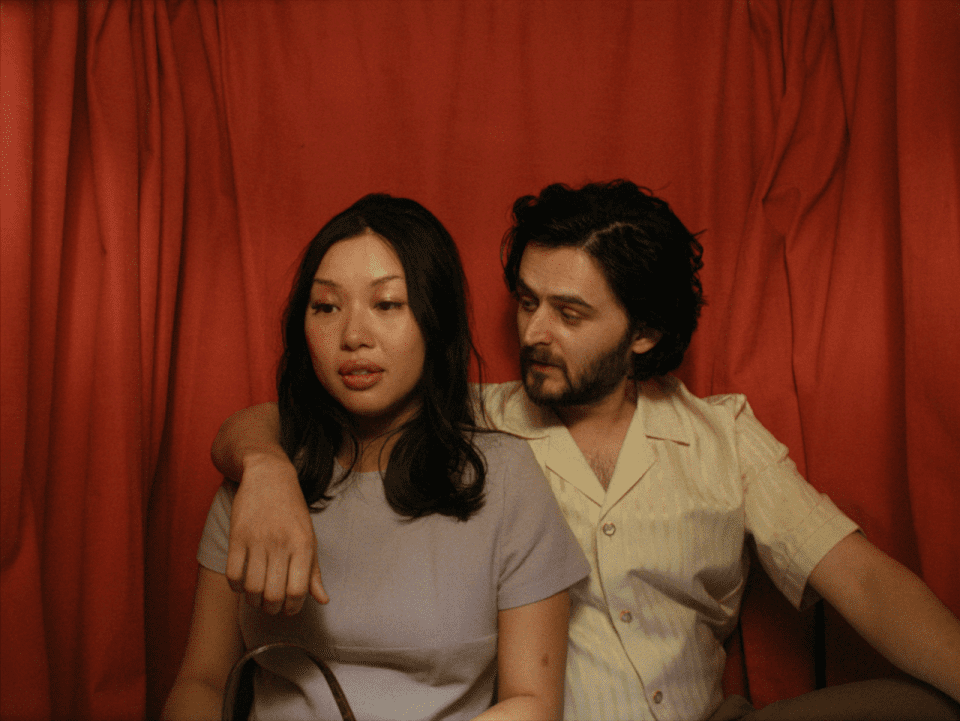
ASFF: You’ve had films at ASFF and now Photo Booth is playing at MilkTea Mixtape, a festival dedicated to British East and Southeast Asian filmmakers. How important are festivals like these to you?
RR: For any filmmaker, it’s part of the best side of your job to actually get to enjoy the films you make with other people. That’s a big reason, at least on my end, that I make film – to connect with other people. I don’t at all resent things moving online if it means more people can get access to watch films that they otherwise wouldn’t. On the other hand, short film festivals in particular are offering a lot of filmmakers the brilliant and beautiful side of why they make films, which is just to be able to directly connect with others. Especially with ASFF, which is film festival dedicated to shorts. It gives a lot of first-time filmmakers the opportunity to show their films. Feature films have got to make their cash back, so they become a lot more of a PR-marketed space. I like the humility and groundedness of short film festivals.
ASFF: What’s next? Do you have plans for a feature?
RR: I’ve got a feature documentary idea and a scripted film idea that I’m working on and trying to get off the ground. The feature documentary is about a hula hooping prodigy in Pakistan and the scripted feature is about the circus. Between the two films, there’s an interest in performance.
I never would be in a position to make these feature films without the opportunity to experiment through shorts. Short films have allowed me to figure out exactly what it is I think I have to contribute as a director. I never went to film school, and being self taught, I think there’s also a degree to which you are self-facilitated. That’s the thing that people don’t often talk about: you are working several different jobs, at the same time, and often… you’re in a tough situation as an independent filmmaker, because financially, it’s a hobby, but emotionally, it’s everything. Having been through that quite emotional experience of having to get a short off the ground, and the amount of sacrifice that actually required, I’m aware that it’s going to be tenfold with a feature.
Photo Booth screens as part of MilkTea MixTape at London’s Garden Cinema on 7 April. Find out more here.
Words: James Mottram




